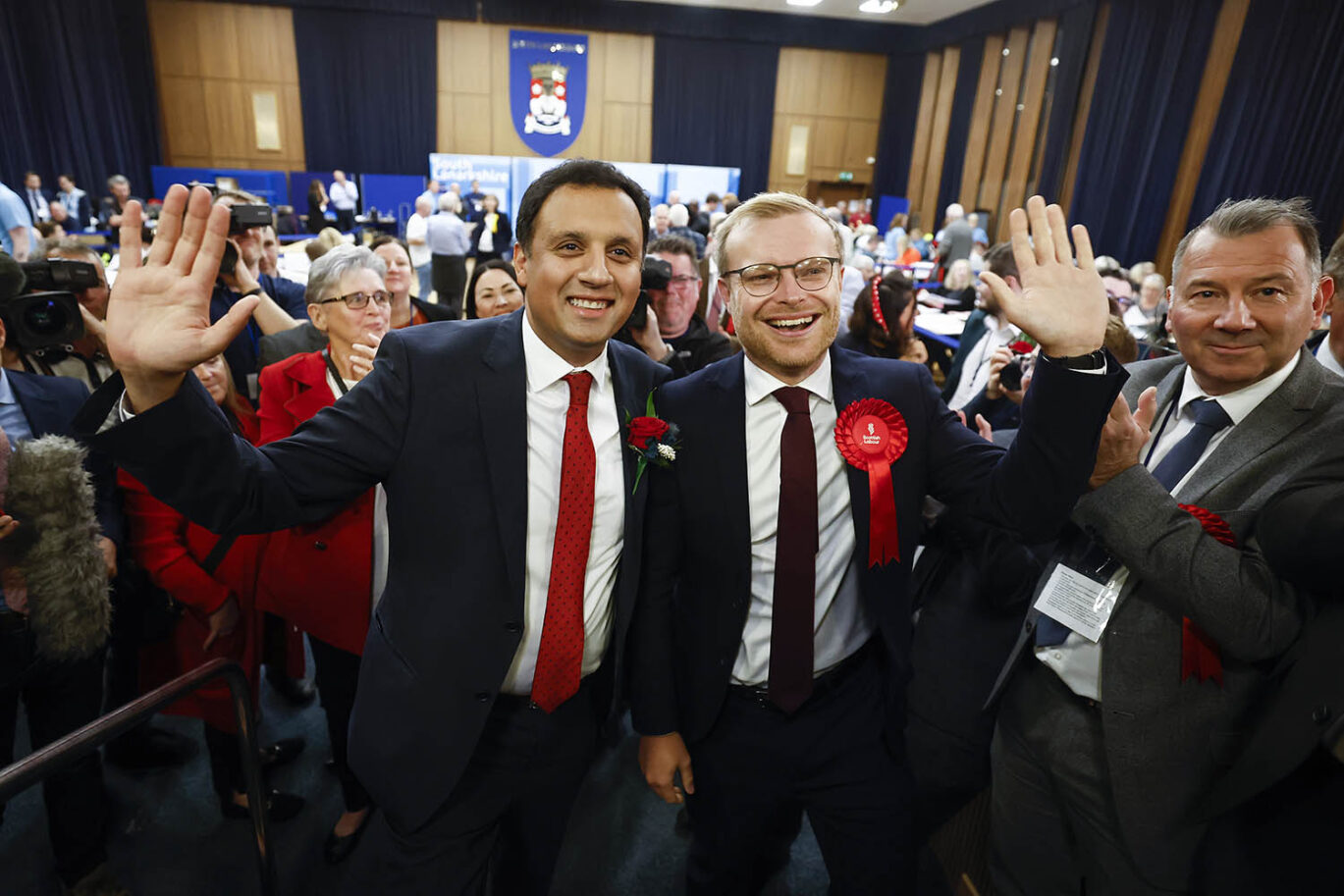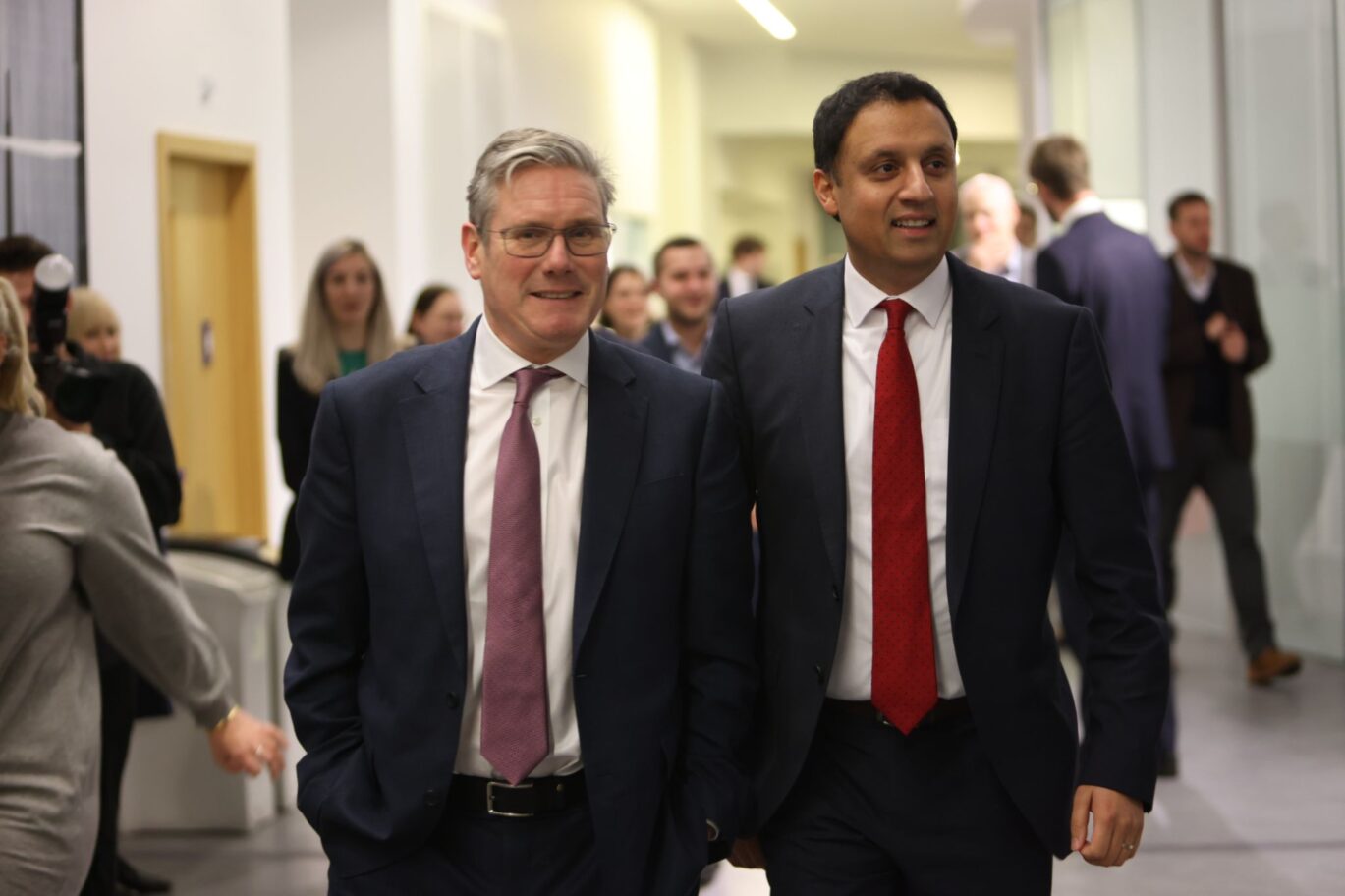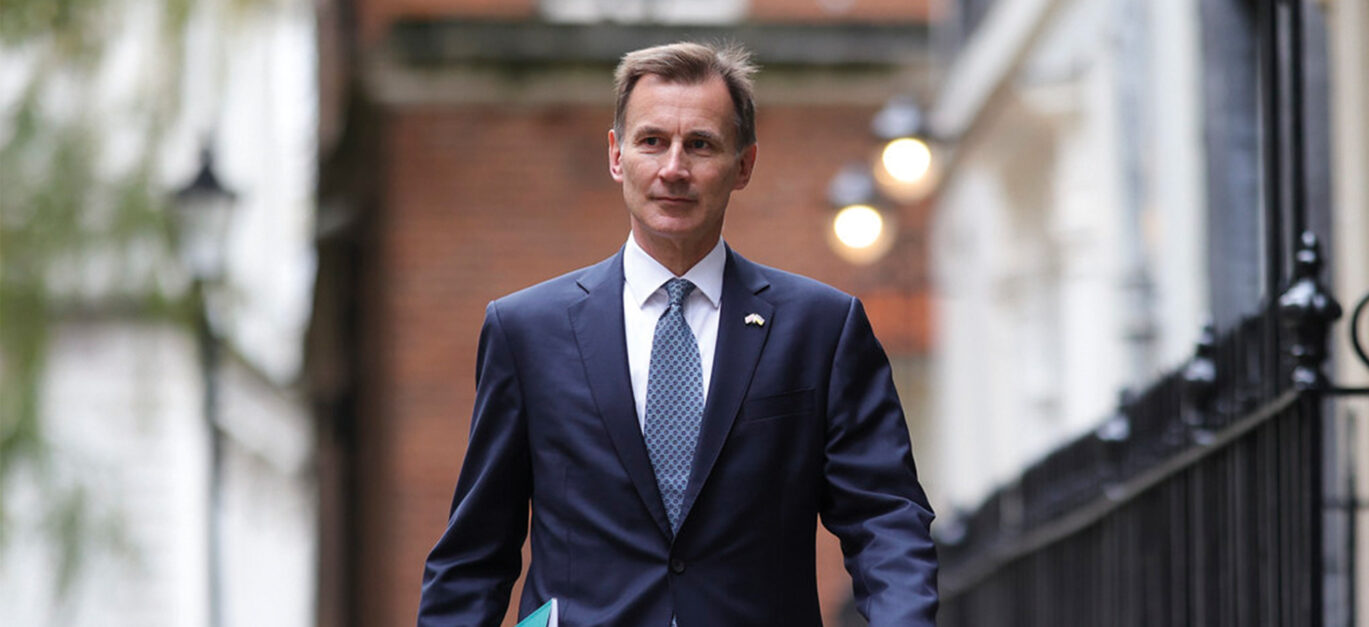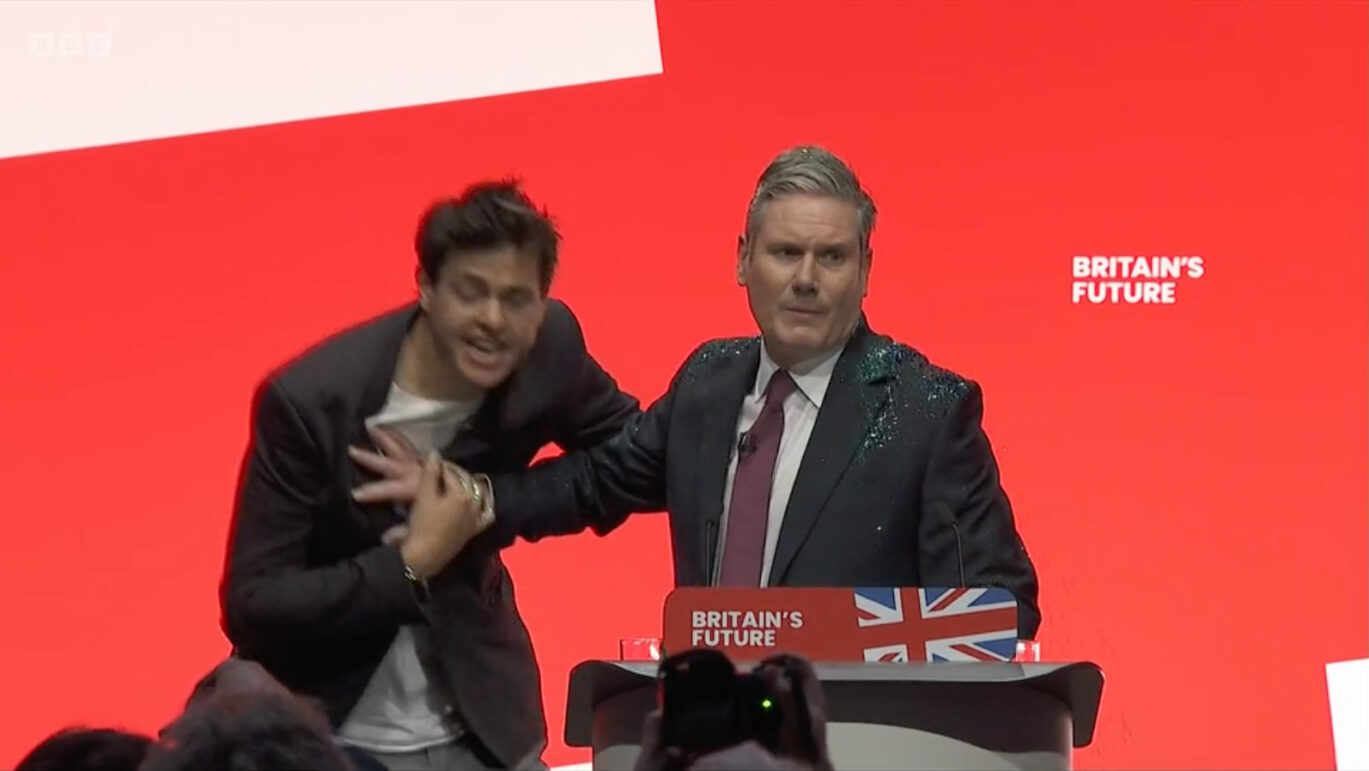There were no real surprises last night that Labour won the Rutherglen and Hamilton West by-election. Doing so with a convincing majority of 9,446 for their candidate Michael Shanks, and over 58% of the vote, the Labour Party will take great heart from the result, and will talk up its implications.
However, on a turnout of only 37%, it would be unwise to make any wild predictions of an impending landslide in Scotland next year. In terms of actual votes cast, Labour won fewer votes last night than at any previous election for the Rutherglen and Hamilton West seat, and even their impressive vote share is lower than that achieved in the 2010 General Election.
Tactical voting played an important part too. The collapse of the Tory and Lib Dem votes (both lost their deposits) suggests that the constitutional fault line of Scottish politics is still a driving factor among unionist voters, while for pro-independence voters, the circumstances of the by-election – a sitting SNP MP removed from office in disgrace – will have kept many at home.
This lack of enthusiasm will no doubt have been exacerbated by the SNP’s struggle to present any strategic roadmap towards independence, and the ordinary mid-term blues that afflict parties of government; these factors have combined to weaken the allegiance of independence-leaning SNP voters who are instinctively sympathetic to Labour and want rid of the Tories at UK level.
Looking ahead, the greatest risk for the SNP is that they start to look irrelevant as the contest between Labour and Tories for No. 10 intensifies over the coming months, a squeeze the SNP had to contend with at General Elections prior to 2015.
The stakes were high for Labour in Rutherglen. If they had failed to take this very marginal seat in difficult circumstances for the SNP, it would have been hard to see Starmer’s Labour Party making much further progress towards Downing Street. They will want to see this as a turning point for their fortunes.
However, it is the SNP who would be well-advised to seize the pivotal moment as an opportunity to reorient themselves within a changing political landscape









